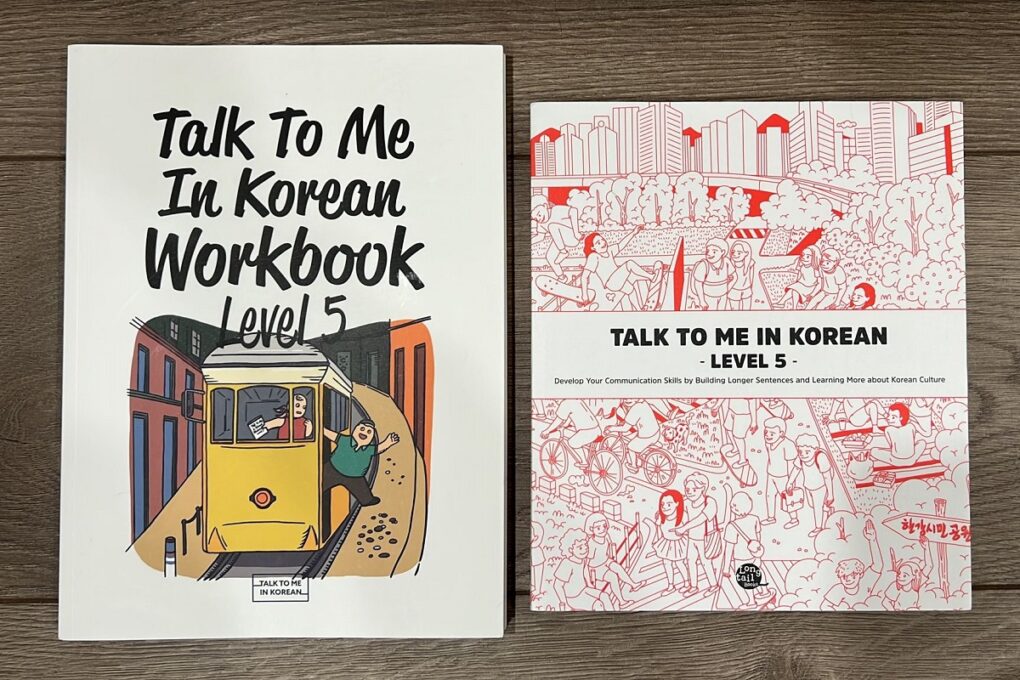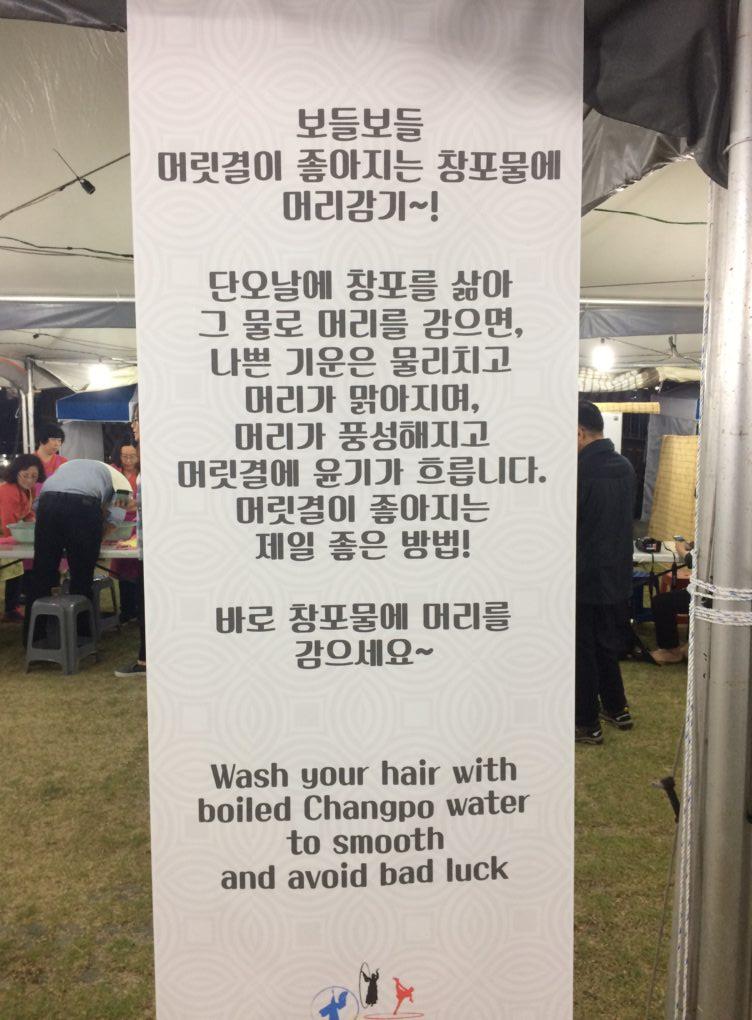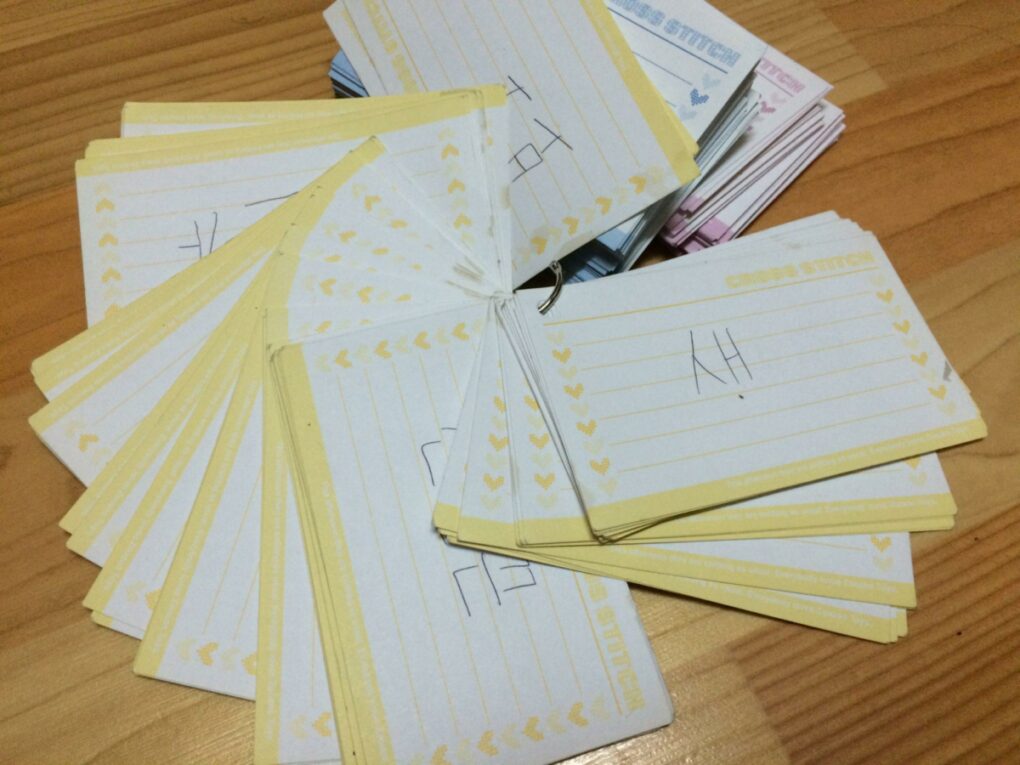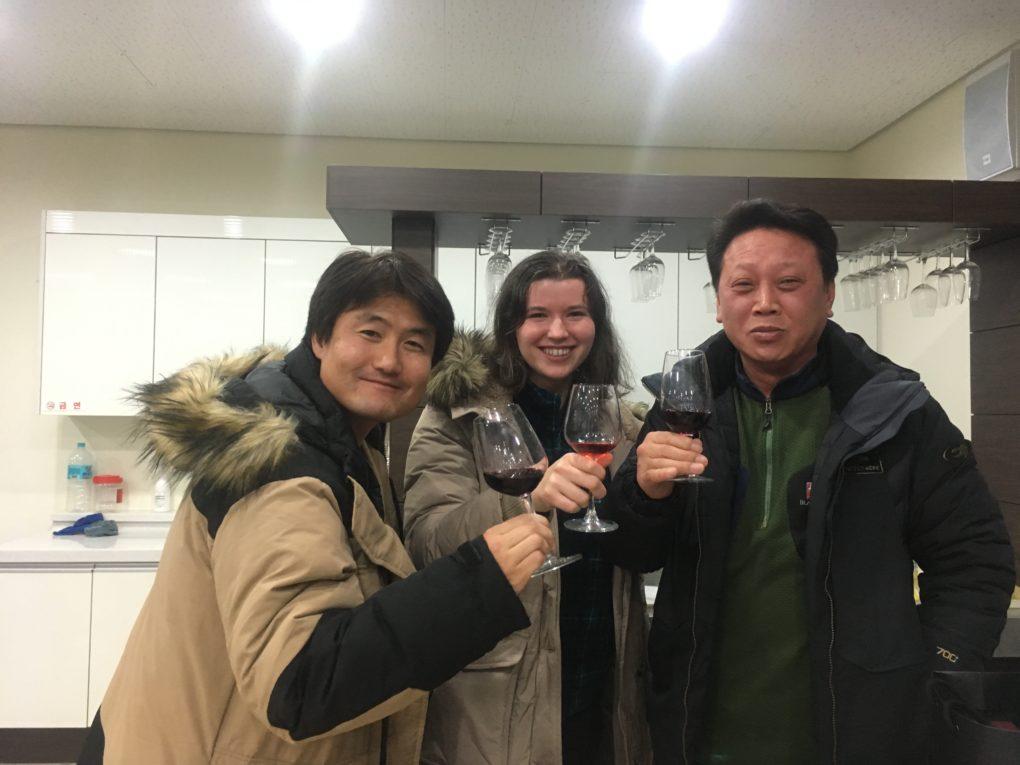After 3+ years living in rural South Korea, I've picked up lots of tips for learning Korean quickly, mostly from needing to understand my coworkers. Having moved abroad without even being literate in Korean, I cannot understate how intimidating it can be to try and navigate a new life in Korea without knowing Korean.
Unless you can read and understand basic hangeul (한글)— the Korean alphabet— it might be very intimidating indeed. But worry not, because below I've compiled some beginner tips for learning Korean in Korea, from what to study & how, to the best methods for practicing Korean in South Korea.

Jump To
Personal Experience: My First Year in Korea
I learned most of my Korean in my first year. I stepped off the plane into a drastically different culture, and with no local friends (yet), I was able to dedicate most of my free time in the first month or two to becoming literate.
When I first arrived in Korea, I was intimidated by anything beyond basic communication attempts, so this was a must. And despite over sixteen months of cultural research, my pathetic attempts at learning Korean before moving to Korea might as well have never happened.
I realized quickly how hopelessly ill-prepared I was. However, now I communicate quite well, even after leaving Korea. Had I been approaching studying with more willpower & information before arriving, I would have focused on understanding Korean grammar.
This might seem counter-intuitive to some people, as you have to understand some words before you can get the grammar down. Right?
Well, not necessarily. To this day, Korean grammar is what I struggle with the most. Word order in Korean is scrambled relative to English & the basic building blocks are expressed in a different manner.
It's not just the words which are different, as in Spanish, but the concepts behind the words differ, as many of them have Chinese roots. During my first year, I tried most every study method out there and found what works for me. But the issue I ran into with my self-study was not knowing what to study.
I could be the best "studier" in the world, but still fail if I was studying the wrong material.
I wasted my first month here learning to read basic Korean, when I could have exposed myself to it at home with relative ease. For two straight months I spent three or four hours a day trying to study grammar through the lens of basic phrasebooks and textbooks I had bought.
Unfortunately the books couldn't keep pace, because here they speak to you like another Korean adult, when you really need toddler talk at first. One year wiser, there are three aspects of Korean I wish I had initially structured my self-study around.

Top 3 Things to Focus On
Based on how long you have to prepare— Basic: a couple weeks, Intermediate: a couple months, Advanced: several months or longer— choose your study materials and hit the books, forums, and apps hard.
1. How to read hangeul (한글)
Understanding the structure and history behind the Korean language can help temper your instinct to find exact English equivalents for each word. Learn how young Koreans are taught how to read and mimic it.
I can't find an article explaining it, but basically they learn Korean by recognizing syllables much like we recognize letters of the alphabet. It's part of the reason why Koreans don't speak English well on the whole, at least in my years of experience.
Basic: associate the shapes with their rough sounds, and walk around the house practicing. Start with the consonants and work your way through the vowels from there.
Intermediate: learn how to read hanguel and learn some irregular batchim (박침). Start with Wikipedia's page on Hangeul. Seriously.
Advanced: learn hangeul well enough to read whole sentences aloud as pronunciation practice; the faster your brain associates each letter with its sound is a higher level of fluency attained. This especially helps with reading Konglish words (English words written in the Korean alphabet). Practice with a Korean language partner, if possible.

2. Learn common spoken Korean
Basic: recognize ten simple words written in hangeul, and memorize five to ten of the most common phrases, written and spoken (hello, goodbye, thank you, nice to meet you, how much is it).
Intermediate: recognize fifty words written and spoken, and memorize ten common phrases, written and spoken (hello, goodbye, thank you, nice to meet you, how much is it, etc.). Learn to count to ten in both number systems.
Advanced: recognize a hundred basic words written and spoken, and memorize twenty of the most common phrases written and spoken (hello, goodbye, thank you, nice to meet you, how much is it, etc.). Learn to count in both number systems.
3. Grammar Basics
Again, this is what I wish I had initially studied. Understanding how a sentence will be put together helps you create and dissect new phrases, as well as easily categorize new vocabulary.
Basic: learn about the three conjugation forms for verbs (past, present, future), and basic word order for sentences (hint: it doesn't always have to be in the same order, like in English).
Intermediate: learn about banmal & jondaemal (반말 & 존댓말) and basic word order, as well as the five most common particles and how to add them to words.
Advanced: learn about banmal & jondaemal (반말 & 존댓말) and basic word order, as well as the five most common particles and how to add them to words. Understand the usage difference between 이/가 & 은/는, and memorize various verbs conjugated in present tense.

5 Language & Culture Tips (& Common Mistakes)
- Know your place in the hierarchy. This means that you will know which type of language to use in conversation (formal/informal), what name to call someone, how deeply to bow when you meet (if at all), and how to say goodbye (which also changes depending on whether you're coming or going.)
- Start speaking as soon as possible, You will never be perfect, so understand that you're not a native speaker and that you'll make mistakes, and you'll be much happier in the end. Language exchanges are especially useful, but make sure you're getting the most out of them.
- Break down each word you learn. Even if it only has one syllable, check to see if it is connected to a hanja (한자), which is a Chinese character. This would signify that it has an inherent meaning you could use to help understand it in other words.
- Learn hangeul through listening rather than the alphabet. If you are thinking about the letters in terms of the alphabet, reading will always be a practice in translation. Learn from my mistakes on this one. Because there are no true equals between the two languages' alphabets, hearing the individual sounds and connecting them to the letter is way more helpful, though initially more time-consuming.
- Use flashcards for words that cannot be labeled in your home or daily life (verbs, adjective verbs, grammar points, hanguel, etc.).

Korean Study Strategies & Recommended Apps
Use Korean every day. I cannot emphasize this enough. Get a dedicated notebook for Korean and use it every day, even if it's only for two minutes. Learning a language also means learning the culture build up around the lexicon, so if you are working on mastering the language, I promise that you'll adjust faster. Other tools:
- flash cards for words & sounds
- apps for listening to natives speaking those sounds (for apps try Duolingo, Memrise, or Writing Princess)
- Korean grammar podcasts
- switch to using naver translate instead of google (Naver has a dictionary app & a search engine app)
- a notebook for collecting words (like when you point to something and ask "what's this called?")
- write words on your hands to better visualize them
- learn the names of the hangeul letters themselves (there is blasphemously no song for kids to learn the Korean alphabet with)
- translate song lyrics
- translate vocabulary with your students, if you teach in Korea
- practice reading signs in your neighborhood or found online
- TALK TO ACTUAL HUMANS (adults preferred)! Language exchanges, even online, are one of your best resources.
These may seem like lofty goals now, but I promise they will help you feel much less overwhelmed by Korea & Korean. For a less clinical approach, I've now updated this article on learning Korean with a few more personal stories from my experience, including the one below.

Personal Story: Pronunciation in Korean
A few months into my life in Korea, I was listening to a song in Spanish and trying to understand the rapid rapping. Upon repeated listening, I realized that the sound I'd heard as a 'd' was actually an 'n.'
With one final listen, it still sounded like a 'd,' but I tested it out, smoothing my tongue just a bit further towards the front of my mouth to test the difference between the letter. It was subtle, but obviously there.
Fast forward a few more months. I'm sitting in my apartment in rural South Korea, frustrated at my apparent inability to pronounce anything longer than a few words with a good Korean accent. I am failing at Korean.
Unlike my little English students, nobody in this still-new country is grading their language to my baby level; they all simply repeat their rapid-fire Korean over and over in response to my blank stare. I look around for anyone to help translate even a few words, but we are studiously ignored. Okaaaay.
So much for my hundred or so Korean words helping. Unfortunately none of those few words I know are "eggs" or "paper towels," and my phone is dead. Well, I didn't need those paper towels and eggs anyway. I leave the grocery store, hands empty.
For days, I wondered why people kept telling me "de" instead of "ne" when they said "yes" in Korean. Not every time, but about half the time. I think back on my preparative brushes with foreign languages, and I thank my lucky stars that at least some part of my brain was taking notes.
Korean is a language of imprecise pronunciation. P is the same as B; D is T but is sometimes actually N; G is just like K; R is L... half the consonants can sound like a T if it's in the right spot.
Korean was exhausting, and my brain had to be turned on all the time, but my grasp of it was getting better. After 6 months, I could speak and type simple conversations without having to once again pull out my signature blank stare.
Learning Korean is simultaneously reinforcing the need for proper pronunciation, and challenging its validity at every turn. You must pronounce every work perfectly, slurring it into the next word at proper pace with your conversation, and don't forget the honorifics!
Speaking Korean unlike a tourist in Korea is an art. Everyone around me spoke to me like I'm a Korean adult— fast and loud and unforgivingly so— but that's fine. Learn from my mistakes. Try not to take everything in at once or take yourself too seriously in Korean, intricacies and all.
Having studied Spanish & French previously, I know I respond well to pressure. Living here was the pressure I needed, but what is yours? Do you have any tips for Korean learners?





Karen Leanne Sandberg says
Things to know share learning Korean languages of Korea with reading Korean,it'is important to learn the Korean alphabet (Hangul),languages for Korean language study and development of children of marital immigrant families and multicultural.South Korea is one of the most diverse and interesting countries to study in as an international student.Most universities in South Korea offer language lessons alongside their courses.Do you want to visit South Korea for business or pleasure and want to be able to communicate with the people you meet?For the last half a century, the country of Korea has been divided into the two separate entities of North and South Korea.While the North has been in almost total isolation,South Korea has become an economic success story and has growing influence in the Asia Pacific region and around the world.However,with many Korean communities in nearby countries,there are also opportunities to learn the language from native Korean speakers in China,Japan,Singapore, and more.Additionally,the dialect of Korean spoken in North Korea is different than you will learn in South Korea or other destinations where Korean is taught.About 75 million people speak Korean,making it the 17th most common language.
Max says
Very interesting and important insight, Karen! Thank you for sharing. 🙂
Jadhav Vaishnavi says
@Karen Leanne Sandberg,
I want to learn south korean language.
But I don't know where I learn hangul. Please suggest any app for me to speak fluent hangul...
Leo Kangwa says
Thanks, for sharing! Very helpful!
Max says
You're very welcome! 🙂